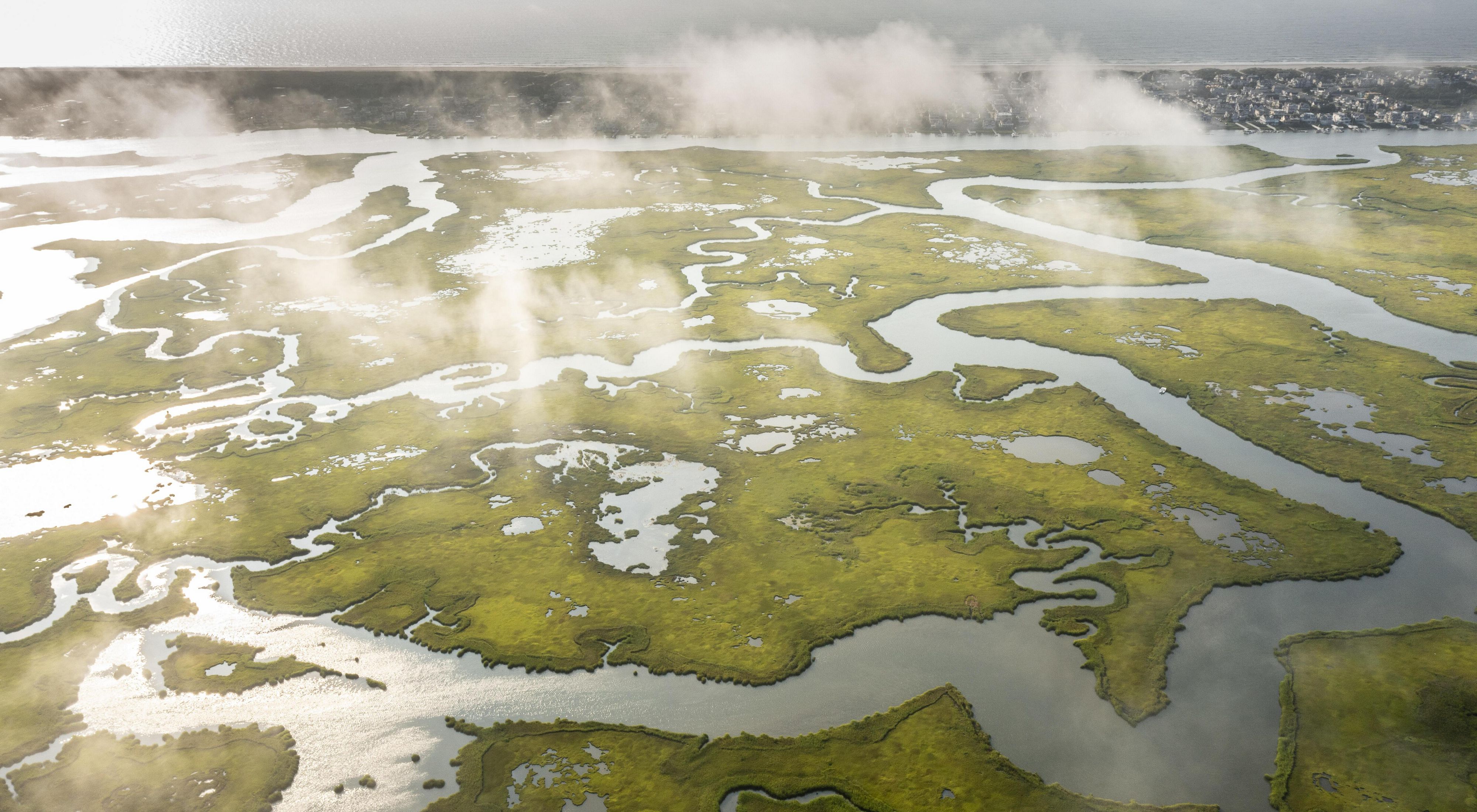Supreme Court Weakens EPA’s Authority to Enforce Clean Water Act
Ruling limits EPA’s ability to address water pollution.
Media Contacts
-
Eric Bontrager
The Nature Conservancy
Phone: 703-887-0559
Email: eric.bontrager@tnc.org
The U.S. Supreme Court ruled today to limit the U.S. Environmental Protection Agency’s (EPA) authority to protect critical wetlands and the health of U.S. waterways. The ruling in Sackett v. Environmental Protection Agency directs the agency to use a restrictive standard for what kinds of waterways it can protect under the Clean Water Act against harmful uses like pollution discharge.
The decision will make it harder for the United States to meet the goal of the Clean Water Act, “to restore and maintain the chemical, physical, and biological integrity of the nation’s waters.” The ruling comes just months after the agency and the U.S. Army Corps of Engineers restored federal protections for critical wetlands and small streams under the Waters of the United States rule.
The following is a statement by Jimmy Hague, Senior Water Policy Advisor at The Nature Conservancy:
“Today’s ruling is a major setback for the nation’s wetlands, rivers, streams, and lakes – all of which are vital for maintaining healthy habitats, flood control, clean, safe drinking water, and recreational opportunities.
“It has the potential to significantly diminish the EPA’s ability to protect millions of acres of waterways under the Clean Water Act. While the effects of the ruling aren’t certain, we know it’s likely to result in lost recreation opportunities, increased water treatment needs, greater disaster recovery expenses, and vulnerable and disadvantaged communities bearing the brunt of the decision.
“The Clean Water Act is one of the nation’s most fundamental environmental laws, passed over a half-century ago with the goal of restoring the health of the nation’s waters. With climate change and biodiversity loss threatening our future, we must redouble our efforts at the local, state, Tribal, and federal levels to protect the waters and wetlands that help meet the many needs of our communities, economy, and nation. Unfortunately, today’s ruling makes the act’s goal harder to achieve.”
The Nature Conservancy is a global conservation organization dedicated to conserving the lands and waters on which all life depends. Guided by science, we create innovative, on-the-ground solutions to our world’s toughest challenges so that nature and people can thrive together. We are tackling climate change, conserving lands, waters and oceans at an unprecedented scale, providing food and water sustainably and helping make cities more sustainable. The Nature Conservancy is working to make a lasting difference around the world in 81 countries and territories (40 by direct conservation impact and 41 through partners) through a collaborative approach that engages local communities, governments, the private sector, and other partners. To learn more, visit nature.org or follow @nature_press on X.
